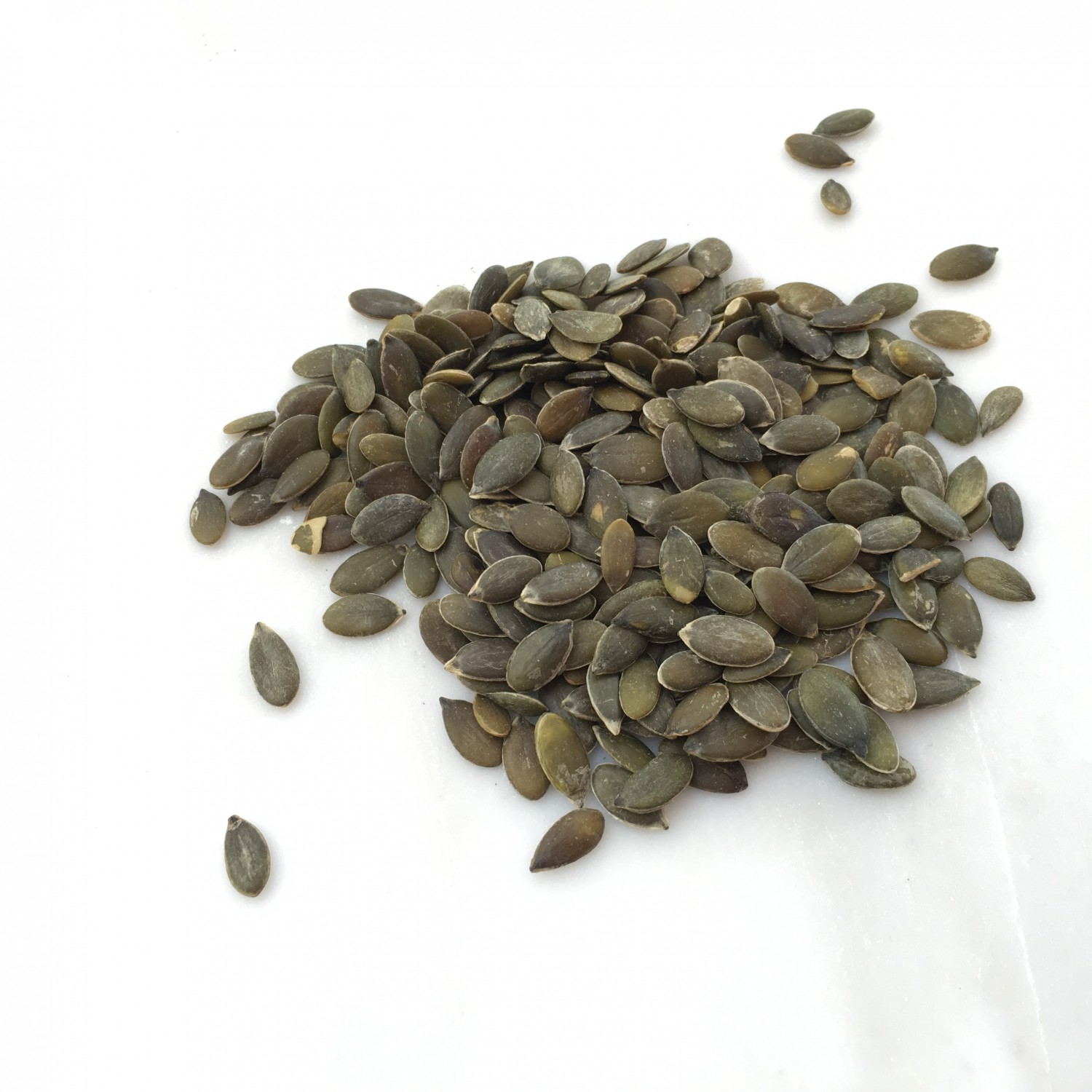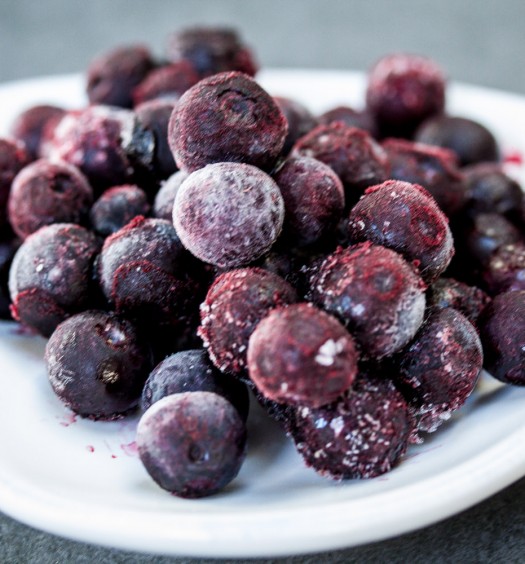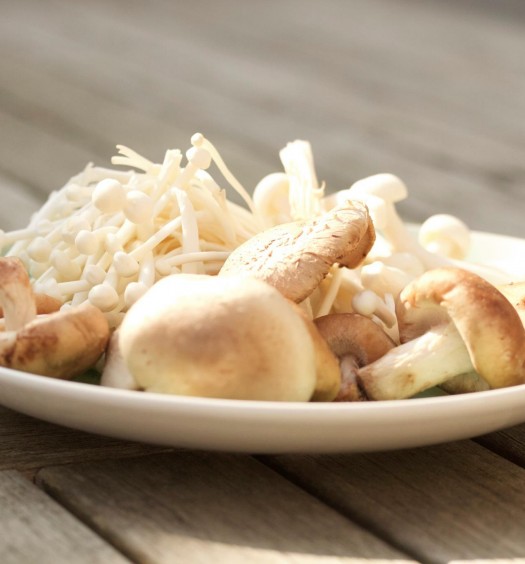How to raise your intake of magnesium
Magnesium is known unofficially as ‘nature’s tranquilliser’ due to it being a calming mineral, and is a supplement that we recommend most frequently to support relaxation/sleep, hormone balance and heart health. But it also plays an important role in many other body systems, supporting energy metabolism, cardiovascular health as well as helping to keep our brain and skeletal system healthy.
Recommended daily intakes of magnesium are 300mg for men and 270mg for women, yet many children and adults don’t make that intake, particularly if following a grain and/or nut free eating programme.
 To raise your intake, pick from this list of commonly eaten, top high magnesium foods:
To raise your intake, pick from this list of commonly eaten, top high magnesium foods:
- Seeds: Hemp seeds, hulled: 25g = 174mg, Pumpkin Seeds: 25g = 138mg, Watermelon Seeds: 25g = 129mg, Flaxseeds: 25g = 98mg, Sesame seeds: 25g = 87mg, Chia seeds: 25g = 84mg, Sunflower seeds: 25g = 81mg
- Wholegrains (uncooked weight): Amaranth: 1/2 cup = 240mg, Buckwheat groats: 1/2 cup = 181mg, Teff flour: 1/2 cup = 178mg, Quinoa 1/2 cup = 168mg, Buckwheat flour: 1/2 cup = 150mg, Wild rice: 1/2 cup = 142mg, Oats: 1/2 cup = 138mg, Brown rice: 1/2 cup = 136mg, Barley, hulled: 1/2 cup = 123mg, Spelt: 1/2 cup = 118mg, Millet: 1/2 cup = 114mg, Rye flour 1/2 cup = 93mg, Wheat 1/2 cup = 90mg, Cornmeal 1/2 cup = 78mg
- Dark Chocolate (75%+ cocoa): 50g = 114mg
- Nuts: Brazil nuts: 25g = 94mg, Cashews: 25g = 73mg, Almonds: 25g = 69mg, Pine nuts 25g = 63mg, Peanuts 25g = 46mg, Hazelnuts 25g = 43mg, Walnuts 25g = 43mg, Macadamias 25g = 35mg.
- Acorn squash, roasted: 1 cup = 88mg
- Baked potato, red skin (approx 300g) = 84mg
- Swiss chard: 100g (raw) = 81mg
- Spinach: 100g (raw) = 79mg
- Black Beans: 1/2 cup (cooked) = 60mg
- Sweet potato, mashed 1 cup = 59mg
- Soybeans 1/2 cup = 54mg
- Globe artichoke (1) = 50mg
- Edamame beans 1/2 cup = 49mg
- Kale 100g (raw) = 41mg
- Turtle beans 1/2 cup (cooked) = 41mg
- Avocado: 1/2 medium = 37mg
- Broad beans 1/2 cup (cooked) = 37mg
- Salmon 100g cooked wild = 37mg
- Bananas: 1 medium – 32mg
- Peas (1/2 cup) = 31mg
We hope you enjoy this blog post, let us know your thoughts in the comments below or on social media – we’re on Twitter, Facebook, Instagram and Pinterest. And don’t forget to sign up to our newsletter to receive a monthly update of our recipes, nutrition tips and expert advice.





